The Russian education system is a fascinating blend of historical traditions and contemporary innovations. It has evolved significantly over the centuries, reflecting the nation’s rich cultural heritage and its aspirations for the future.
Key Features of Russian Schools
- Strict Academic Focus:
- Rigorous Curriculum: Russian schools are known for their rigorous academic curriculum, particularly in subjects like mathematics, physics, and chemistry.
- Emphasis on Problem-Solving: Students are encouraged to think critically and apply their knowledge to real-world problems.
- Uniformity and Discipline:
- Strict Dress Code: Most schools have a strict dress code, often requiring students to wear uniforms.
- Disciplined Environment: A strong emphasis is placed on discipline and respect for authority.
- Patriotic Education:
- History and Culture: Russian history and culture are integral parts of the curriculum, fostering a sense of national pride.
- Civic Duty: Students are often encouraged to participate in community service and volunteer work.
- Extracurricular Activities:
- Diverse Offerings: Russian schools offer a wide range of extracurricular activities, including sports, music, art, and science clubs.
- Balancing Academics and Passions: These activities help students develop their talents and interests outside the classroom.
A Day in the Life of a Russian Student
A typical school day in Russia begins early in the morning. Students attend classes for several hours, with breaks for meals and physical education. After school, many students participate in extracurricular activities or attend additional tutoring sessions.
Homework is a significant part of the Russian school experience. Students are expected to spend several hours each evening completing assignments and preparing for the next day’s classes.
Challenges and Reforms
While the Russian education system has many strengths, it also faces challenges. Some of the key issues include:
- Inequality: Differences in the quality of education between urban and rural schools.
- Bureaucracy: Excessive bureaucracy can hinder educational innovation.
- Outdated Teaching Methods: Some teachers still rely on traditional, lecture-based teaching methods.
To address these challenges, the Russian government has implemented various reforms, including:
- Modernization of Curricula: Updating curricula to reflect 21st-century skills and knowledge.
- Teacher Training: Improving the quality of teacher training programs.
- Technological Integration: Incorporating technology into classrooms to enhance learning.
By embracing innovation and addressing its challenges, the Russian education system is poised to continue producing talented and well-rounded individuals who will shape the future of Russia and the world.
Would you like to know more about a specific aspect of Russian education, such as the university system or the impact of recent political events on education?

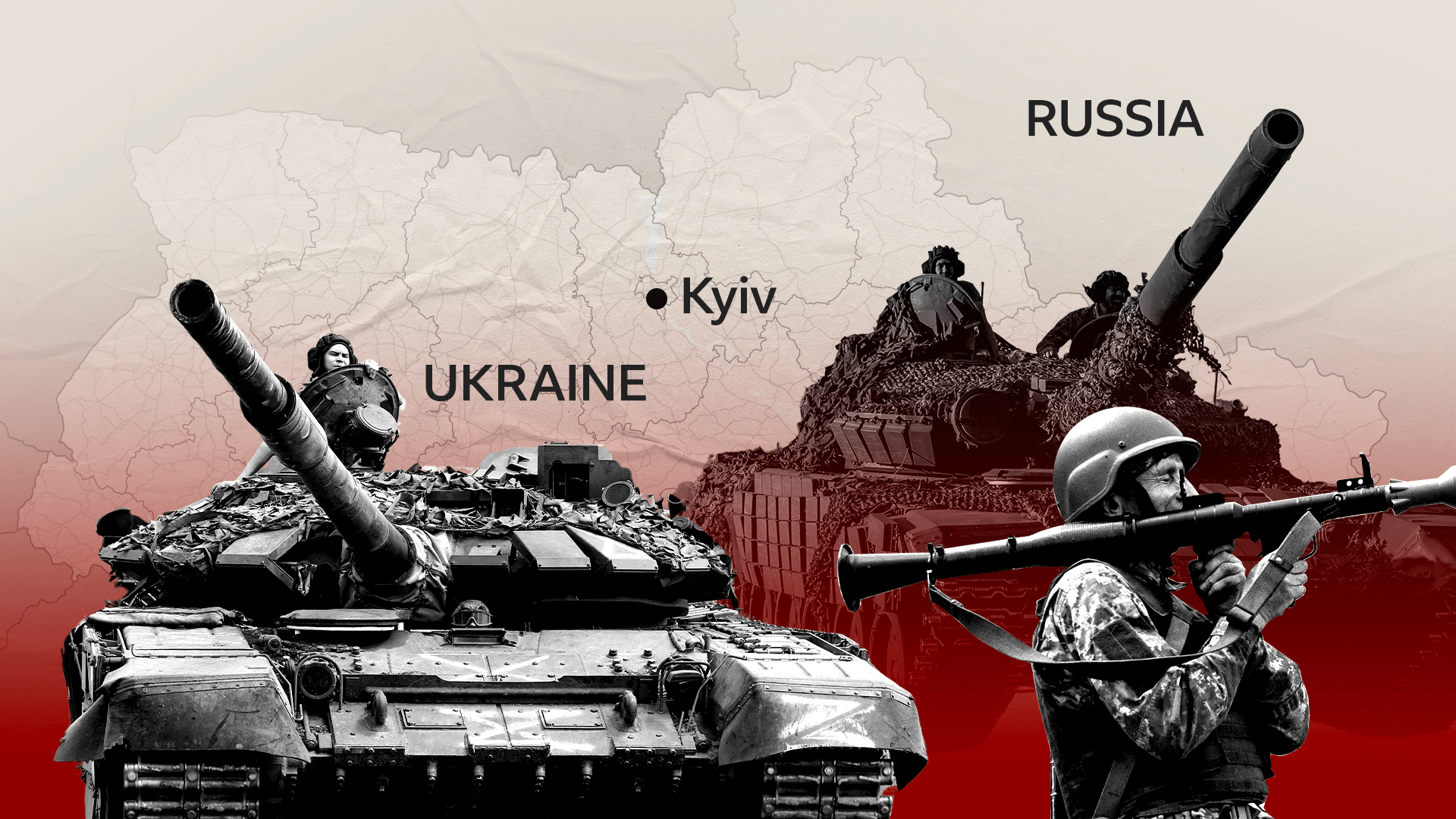
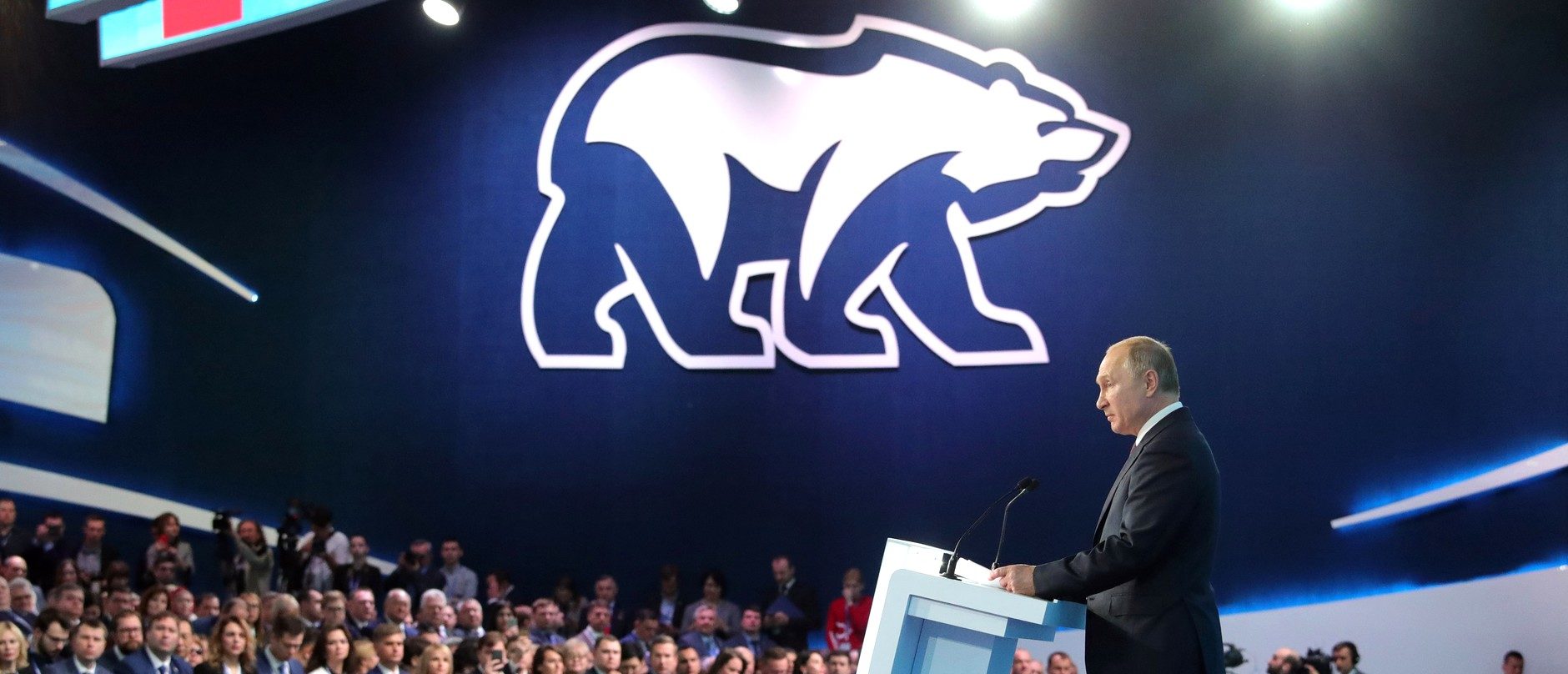
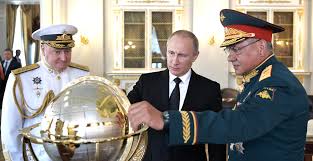

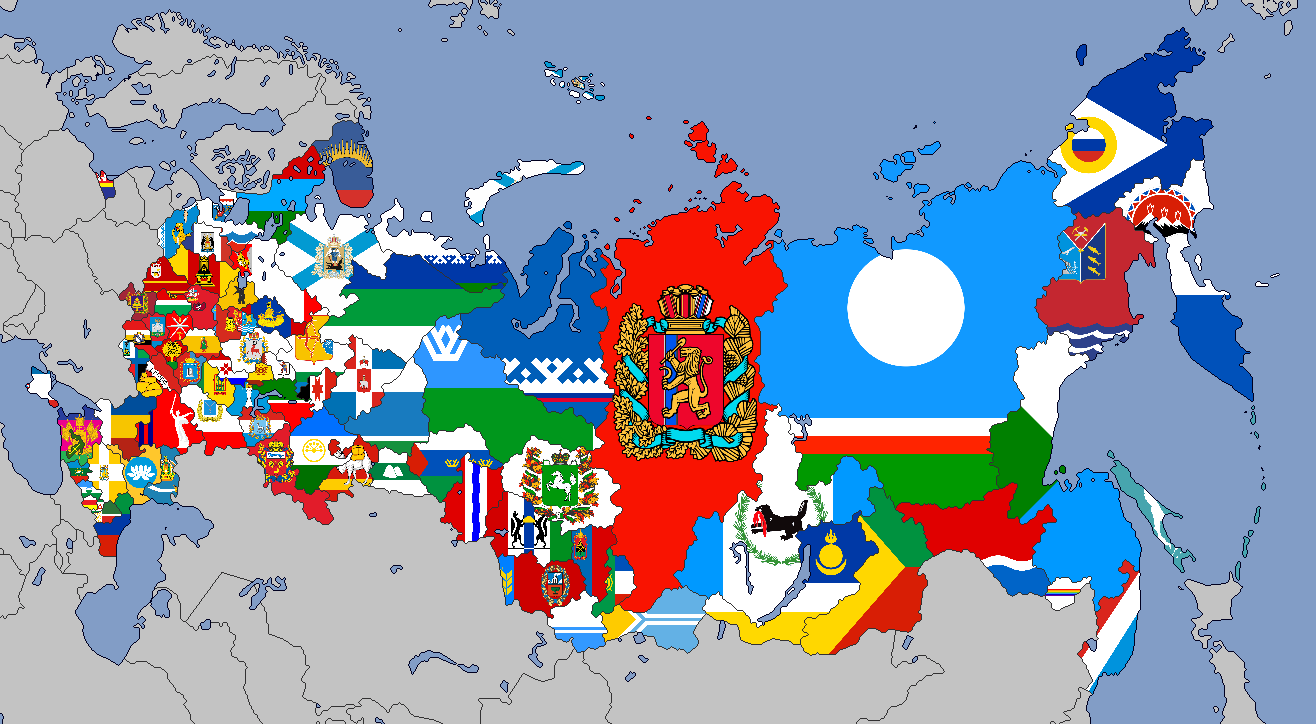
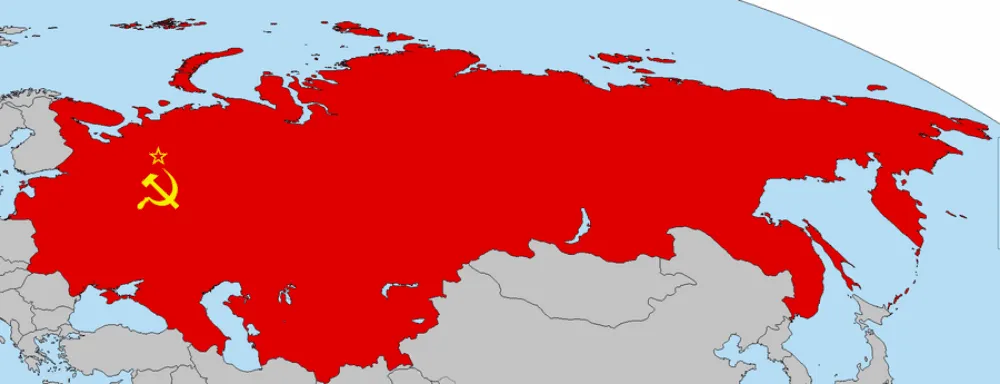
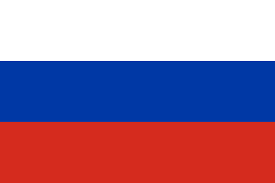
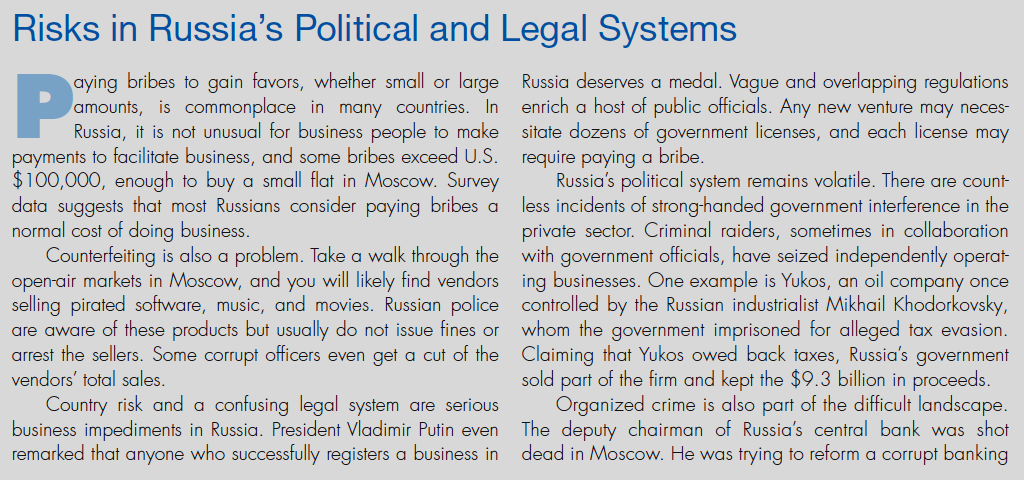
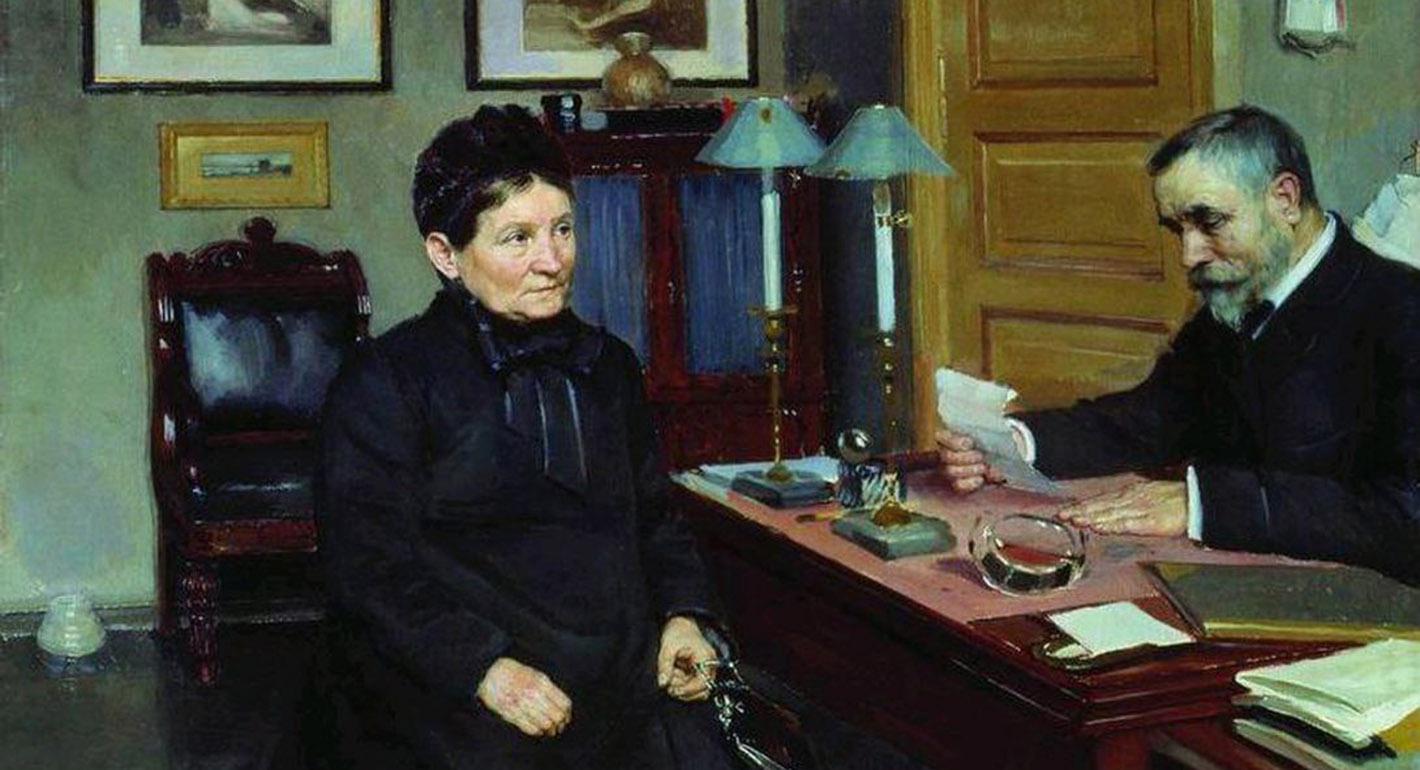
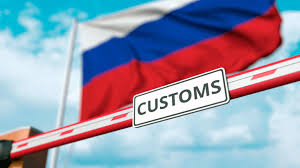

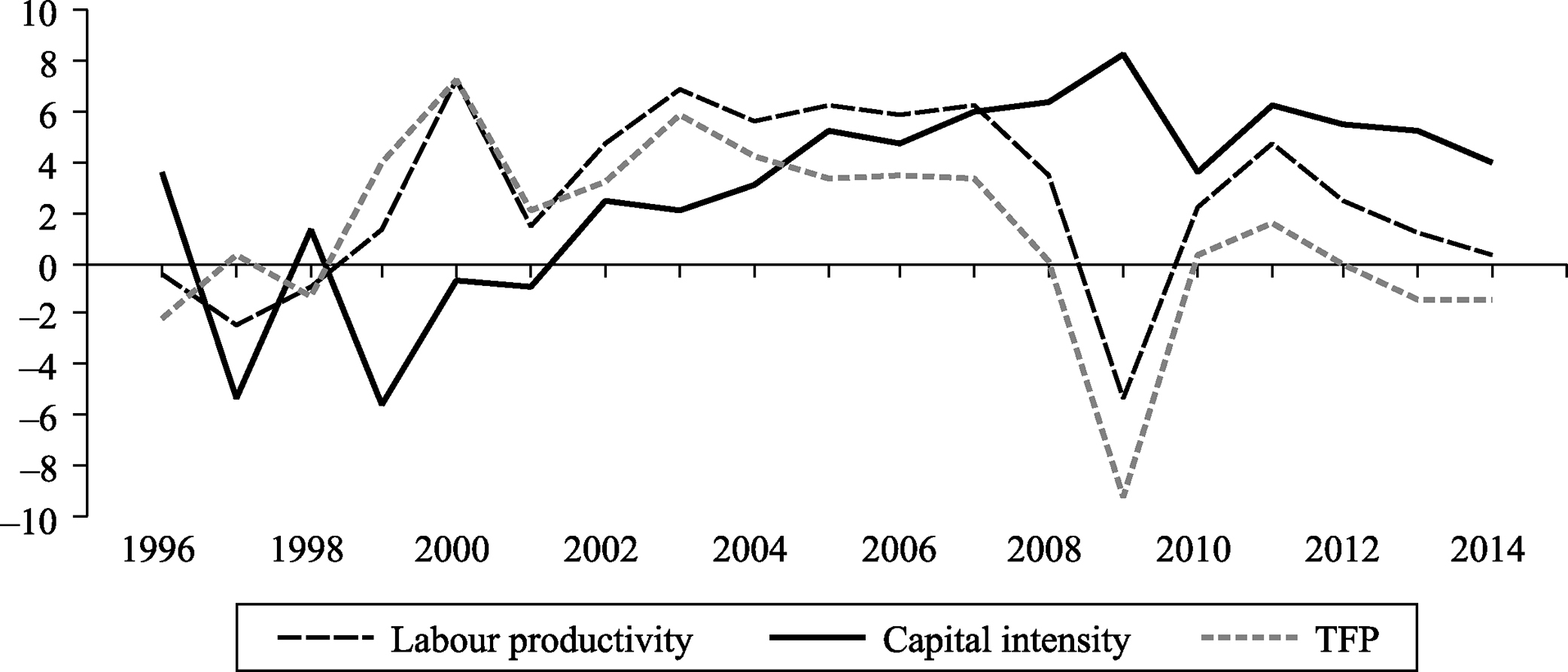
Leave a Reply